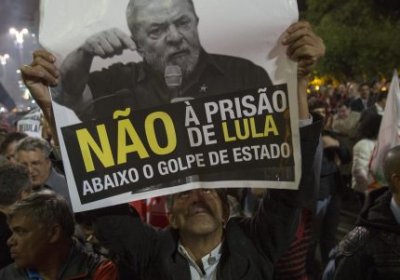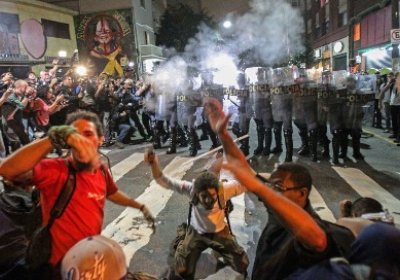Jailed former president Luiz Inacio Lula da Silva has increased his support by five percentage points and would win Brazil’s October presidential election if he was allowed to run, a poll by CNT/MDA showed on August 20.
This news came just days the United Nations’ Human Rights Committee said the Brazilian state must “take all necessary measures” to allow Lula, the candidate of the left-leaning Workers Party (PT), to exercise his full political rights as a candidate in the presidential elections.











